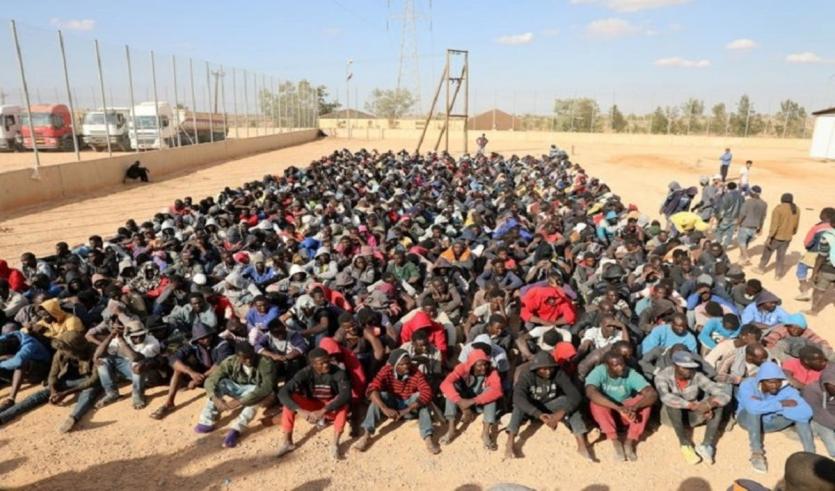Many sub-Saharan migrants transiting through Libya to gain access to their “European Eldorado” are being sold and auctioned at “slave markets” in Libya, reveals a video made public by the American channel CNN in 2017.
Libya’s underreported slave markets are still active
By Patryk Krych | The World Daily | JULY 20th 2020
It was only three years ago, back in 2017, when a video emerged of an open slave auction in Libya, where African slaves were being sold off for only $400. To this day, exploitation of migrants has hardly seen any change, and many people are still vulnerable in the country.
The words “Does anybody need a digger? This is a digger, a big strong man, he’ll dig,” were said on repeat by an auctioneer in the disturbing video, according to CNN, who had launched an investigation at the time that confirmed the horrors within the war-torn country. “What am I bid, what am I bid?”
CNN: Migrants being sold as slaves in Libya
Recently, in late June, 118 migrants had been rescued and taken on board the Ocean Viking ship in the Mediterranean. Many of these migrants had spoken to Agence France Presse (AFP) about their time and mistreatment in Libya, having experienced enslavement, torture, abuse and kidnapping throughout their time there. The majority of them were from Pakistan, Bangladesh and Eritrea. This served as a terrible truth that the slave trade issues in Libya, while having finally gotten some attention, are still far from resolved.
“For them [the Libyans] we are not human,” said Imran from Pakistan, one of a group who’d been rescued not far from the Italian island of Lampedusa, to the AFP. “All the Pakistanis here on the boat were captive during their passage in Libya.”
The outbreak of a disastrous civil war in the country, that has spurred dangerous conflict since 2014 and caused the deaths of thousands through both fighting and famine, is among the primary reasons for which slavery has become such common practice in Libya. Plans were reached back in 2017 for the evacuation of migrants from Libyan detention camps, where many of the vulnerable people were subject to being targets of the Middle Eastern slave trade.






